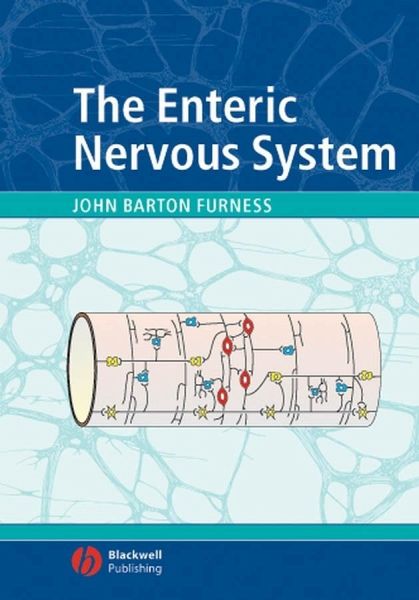
The Enteric Nervous System

PAYBACK Punkte
89 °P sammeln!
Covers all aspects of the structure, function, neurochemistry, transmitter identification and development of the enteric nervous system The enteric nervous system is of special interest because it is the only substantial grouping of neurons outside the central nervous system that form circuits capable of autonomous reflex activity. In humans it contains around 500 million neurons that fall into about 20 functional classes. Because of its size, complexity, and certain structural similarities, it has been likened to a second brain. This book brings together extensive knowledge of the structure a...
Covers all aspects of the structure, function, neurochemistry, transmitter identification and development of the enteric nervous system The enteric nervous system is of special interest because it is the only substantial grouping of neurons outside the central nervous system that form circuits capable of autonomous reflex activity. In humans it contains around 500 million neurons that fall into about 20 functional classes. Because of its size, complexity, and certain structural similarities, it has been likened to a second brain. This book brings together extensive knowledge of the structure and cell physiology of the enteric nervous system and provides an up-to-date synthesis of the roles of the enteric nervous system in the control of motility, secretion and blood supply in the gastrointestinal tract. It includes sections on the enteric nervous system in disease, genetic abnormalities that affect enteric nervous system function, and targets for therapy in the enteric nervous system. It also includes many newly created explanatory diagrams and illustrations of the organization of enteric nerve circuits. This new book is ideal for gastroenterologists (including trainees/fellows), clinical physiologists and educators. It will be invaluable for the many scientists in academia, research institutes and industry who have been drawn to work on the gastrointestinal innervation because of its intrinsic interest, its economic importance and its involvement in unsolved health problems. It provides a valuable resource for undergraduate and graduate teaching.


